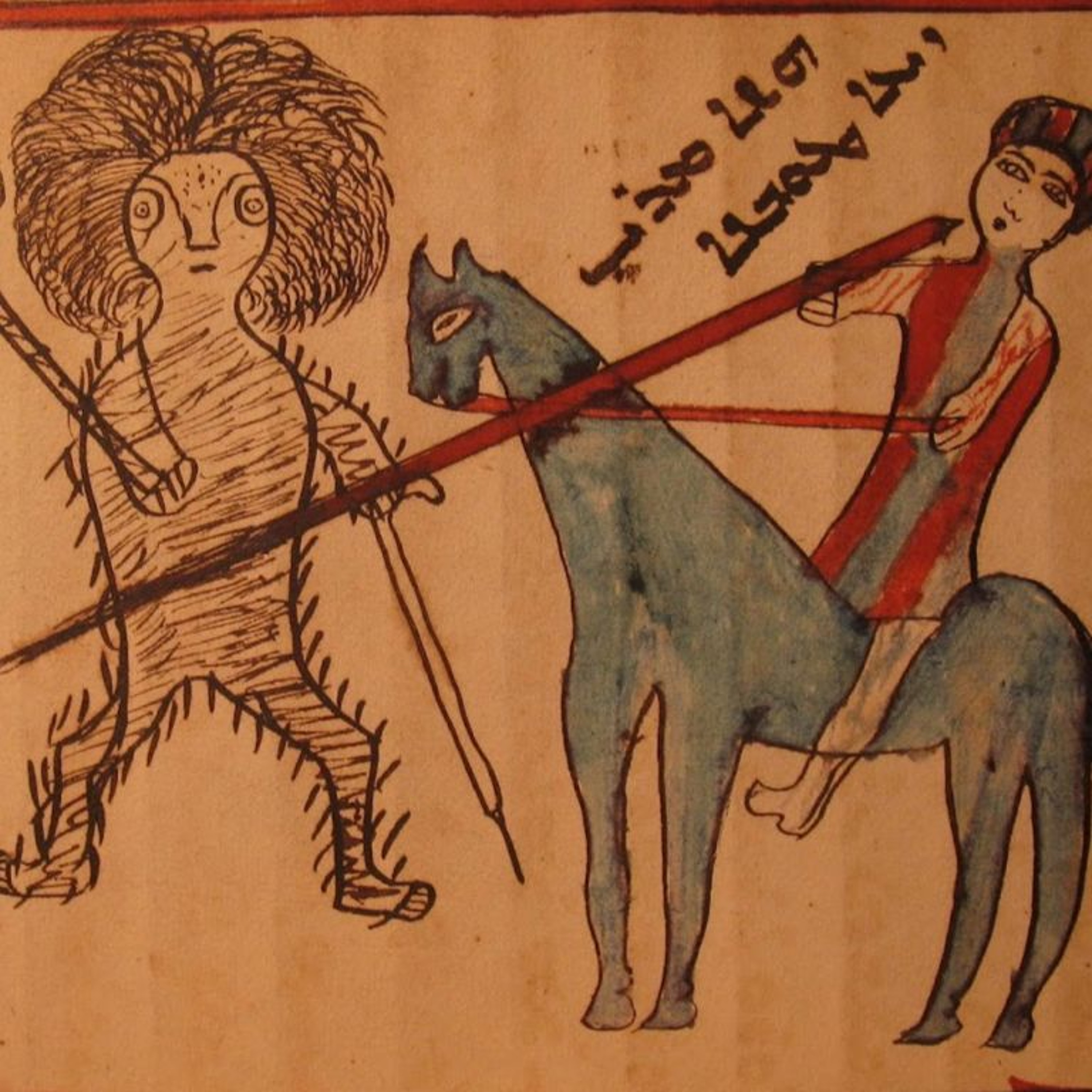
Assyrians, Evangelicals, and Borderland Nationalism | Adam Becker
 2017-02-21
2017-02-21
Download
Right click and do "save link as"
E301 | In the mid-nineteenth century Ottoman/Qajar borderlands (today’s Turco-Iranian border), East Syrian Christians had their first encounters with American Protestant missionaries. These encounters brought to the region new institutions like printing presses and American-style schools. They also helped remap Neo-Aramaic concepts for communal belonging like melat and tayepa – which loosely correspond with the Ottoman and Arabic terms millet and taife, what today we might translate as “nation” and “sect.” An older generation of scholars characterizes the missionary project as one of enlightenment or modernity, while others describe it as a form of colonialism. In this interview with Professor Adam Becker, we discuss approaches to studying changing notions of piety as well as different ways of thinking about the missionary encounter.
More at http://www.ottomanhistorypodcast.com/2017/01/becker.html
Adam H. Becker (Princeton Ph. D. 2004) is Professor of Classics and Religious Studies at New York University. His research interests include Christian martyrdom in the Sasanian Empire, Jewish-Christian relations in Late Antiquity, the social and intellectual history of the Syriac (Christian Aramaic) tradition, and the missionary encounter in the nineteenth century.
Matthew Ghazarian is a Ph.D. Candidate in Columbia University's Department of Middle Eastern, South Asian, African Studies. His research focuses on the intersections of sectarianism, humanitarianism, and political economy in central and eastern Anatolia between 1856 and 1893.
CREDITS
Episode No. 301
Release Date: 21 February 2017
Recording Location: New York University
Audio editing by Matthew Ghazarian and Chris Gratien
Music: Istanbul'dan Ayva Gelir Nar Gelir - Azize Tozem and Sari Recep
Images and bibliography courtesy of Adam Becker available at http://www.ottomanhistorypodcast.com/2017/02/becker.html
view more
More Episodes
Ottoman Passports | İlkay Yılmaz
 2024-09-05
2024-09-05
 2024-09-05
2024-09-05
An Ottoman Imam in Brazil | Ali Kulez
 2024-04-11
2024-04-11
 2024-04-11
2024-04-11
Media of the Masses in Modern Egypt
 2023-12-04
2023-12-04
 2023-12-04
2023-12-04
Nasser, Nubia, and the Stories of a People
 2023-12-04
2023-12-04
 2023-12-04
2023-12-04
012345678910111213141516171819
Create your
podcast in
minutes
- Full-featured podcast site
- Unlimited storage and bandwidth
- Comprehensive podcast stats
- Distribute to Apple Podcasts, Spotify, and more
- Make money with your podcast
It is Free
- Privacy Policy
- Cookie Policy
- Terms of Use
- Consent Preferences
- Copyright © 2015-2024 Podbean.com



